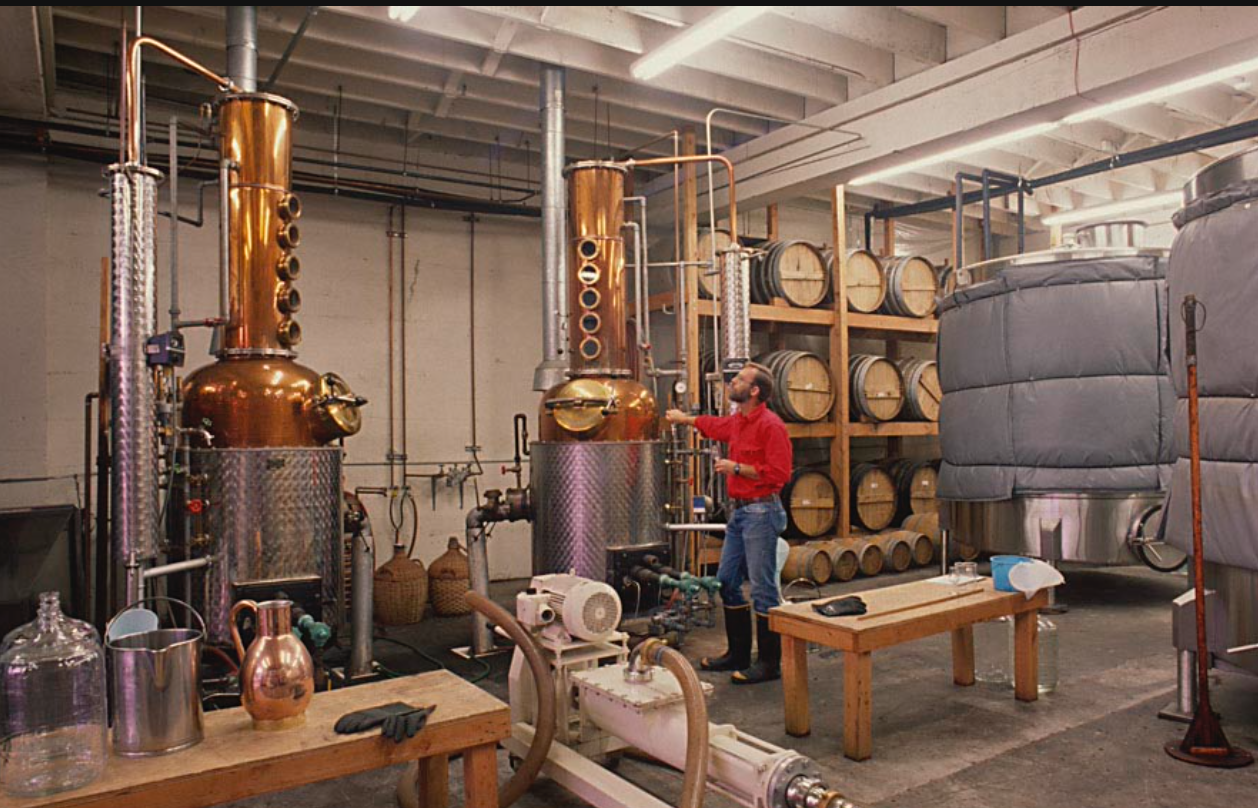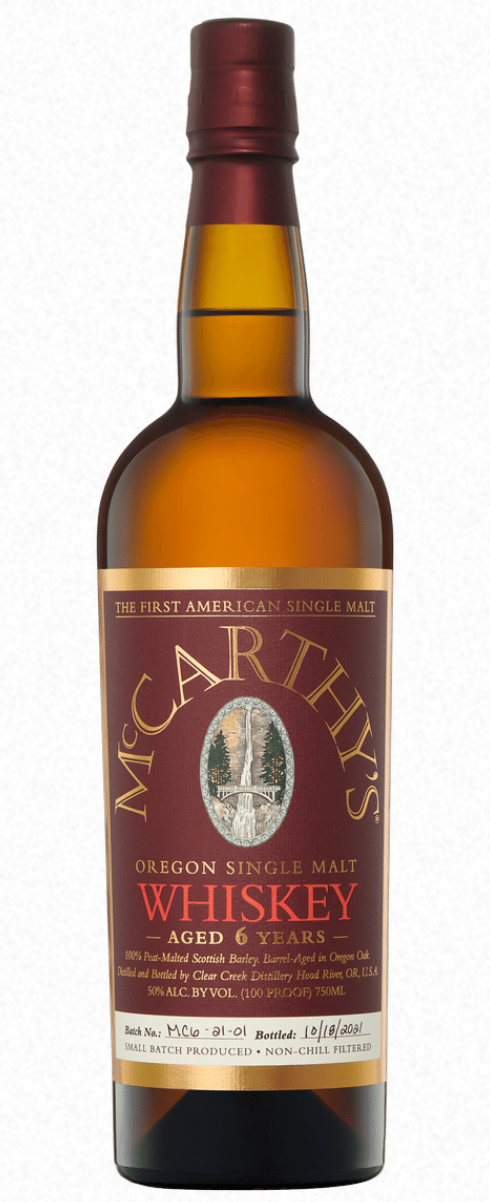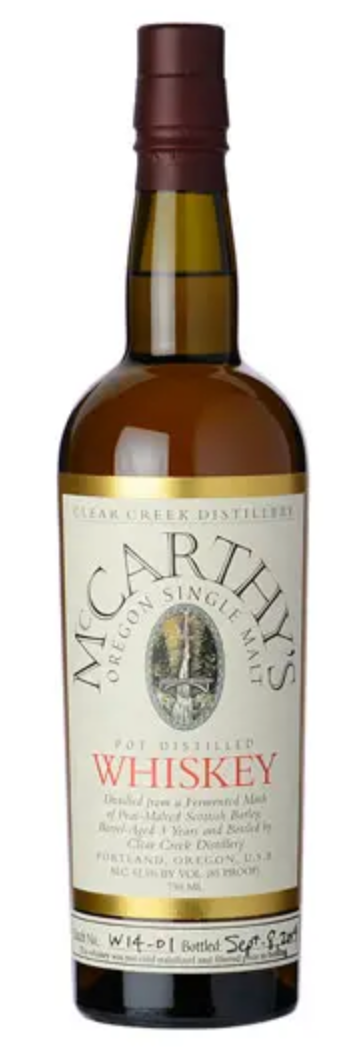Steve McCarthy
“Single Malt Adventurist”
Stephen Rogers McCarthy was born on January 7, 1943, in Seattle, but his childhood unfolded in the tranquil town of Roseburg, Oregon. His father, Gerald McCarthy, managed a sawmill, and his mother, Kate Rogers McCarthy, immersed young Steve in the beauty of the outdoors. From a young age, he was drawn to nature and adventure. Indeed, he became an Eagle Scout and took to mountaineering with unbridled enthusiasm. He later recounted, “I used to hurl myself off cornices on Mount Hood just to see if I could do self‑arrests under different circumstances. I had no sense of what I couldn’t do.” Steve’s early life was marked not only by audacious climbs but also by profound loss. At the age of twenty, one of his climbing companions tragically died in the Himalayas, an event Steve later recounted in his Sports Illustrated article, "Ordeal Above Tesi Lapcha", published in May 1967.
Academically gifted and driven, McCarthy pursued higher education at Reed College in Portland, earning his degree in 1966. He then went on to receive a law degree from New York University in 1969, evidence of a man deeply committed to learning and transformation.
Back in Oregon in 1969, he married Lucinda Parker, a painter he'd met during their time at Reed. The couple had one daughter, Abigail McCarthy, who later became a research fisheries biologist.
But Steve’s journey wasn’t to remain confined to law or nature. In the early 1970s, at Ralph Nader’s urging, he became the founding executive director of the Oregon Student Public Interest Research Group (OSPIRG), focusing on environmental sustainability, public health, and social justice. He later shifted into public transportation: in 1973, he was appointed to TriMet’s (Portland’s public transit system) board by Governor Tom McCall, promoted to assistant general manager in 1974, and served as acting general manager until January 1978.
After exiting TriMet, McCarthy took the helm of Michael’s of Oregon, a family business producing hunting‑rifle accessories, which he acquired in 1982. But it was during business travel in Europe that the seeds of his legacy were planted, literally and figuratively. He discovered Poire Williams, a clear pear brandy known as eau de vie, and felt inspired to create something similar using fruit from his family’s orchards in Hood River Valley. He ordered a still from Germany and sought mentorship from Jörg Rupf of St. George Spirits.
In 1985, Steve McCarthy launched Clear Creek Distillery in Portland, the first craft distillery in Oregon after Prohibition and among the earliest in the nation. His first creations were Bartlett pear brandy, apple brandy, and a muscat grappa made in collaboration with Eyrie Vineyards. From fruits, pears, plums, raspberries, cherries, and even Douglas‑fir buds, Steve crafted some of the purest and most complex eaux de vie the United States had ever seen. A New York Times wine critic, Eric Asimov, called them “gorgeous, impeccably pure, and breathtakingly complex”.
Steve working the stills at Clear Creek in the mid-80s.
Steve’s craft distilling philosophy was anchored in reverence for ingredients and humility before the process. “Get good fruit and get out of the way,” he often said.
In the early 1990s, his curiosity led him once again on a European-inspired odyssey, this time to Ireland and Scotland. He pondered what it would mean to make a Scotch-like single malt using Oregon ingredients, inspired by Lagavulin and peated barley. In January 1994, the distillate first flowed, and in 1996, the first American single malt, McCarthy’s Oregon Single Malt, debuted. It was a transformative moment for U.S. whiskey and remains a foundational influence in the American single malt category.
In 2014, after nearly three decades at the helm, Steve sold Clear Creek to Hood River Distillers. He stayed on as a consultant for some time before retiring. Yet his mentorship continued to ripple through the distilling world. As his protégé Joe O’Sullivan reflected, “Steve wasn’t merely a maker of spirits; he was a mentor who cultivated people.”
On January 2, 2023, just five days shy of his 80th birthday, Steve McCarthy passed away after a battle with Parkinson’s disease. He left behind not just a distillery, but a way of seeing, as well as valuing, nature’s gifts, honoring craftsmanship, and nurturing the next generation.
In sum, Steve McCarthy was many things: an adventurer, lawyer, environmentalist, public servant, distiller, and always, a man guided by respect for process and place. His early life’s bold climbs foretold a life lived without constraint. His marriage to Lucinda Parker and his role as father to Abigail grounded him amid fearless ventures. And with every pear distilled and every malt aged, he distilled not only spirits, but also a legacy of craftsmanship, mentorship, and humility.
Sources:
Eater Portland, “Steve McCarthy Has Died”, Janie Wong, January 13, 2023
Whiskey Advocate, “Steve McCarthy…Passes Away”, David Fleming, January 7, 2023
American Whiskey Magazine, “Quick Fire with Clear Creek”, May 13, 2025
Wine Enthusiast, “The Story Behind American Single Malt”, Kara Newman, June 5, 2023
Distiller, “In Memory of Steve McCarthy”, Joe O’Sullivan, July 21, 2023
Contributed by Ryan Stewart, Boise, Idaho








